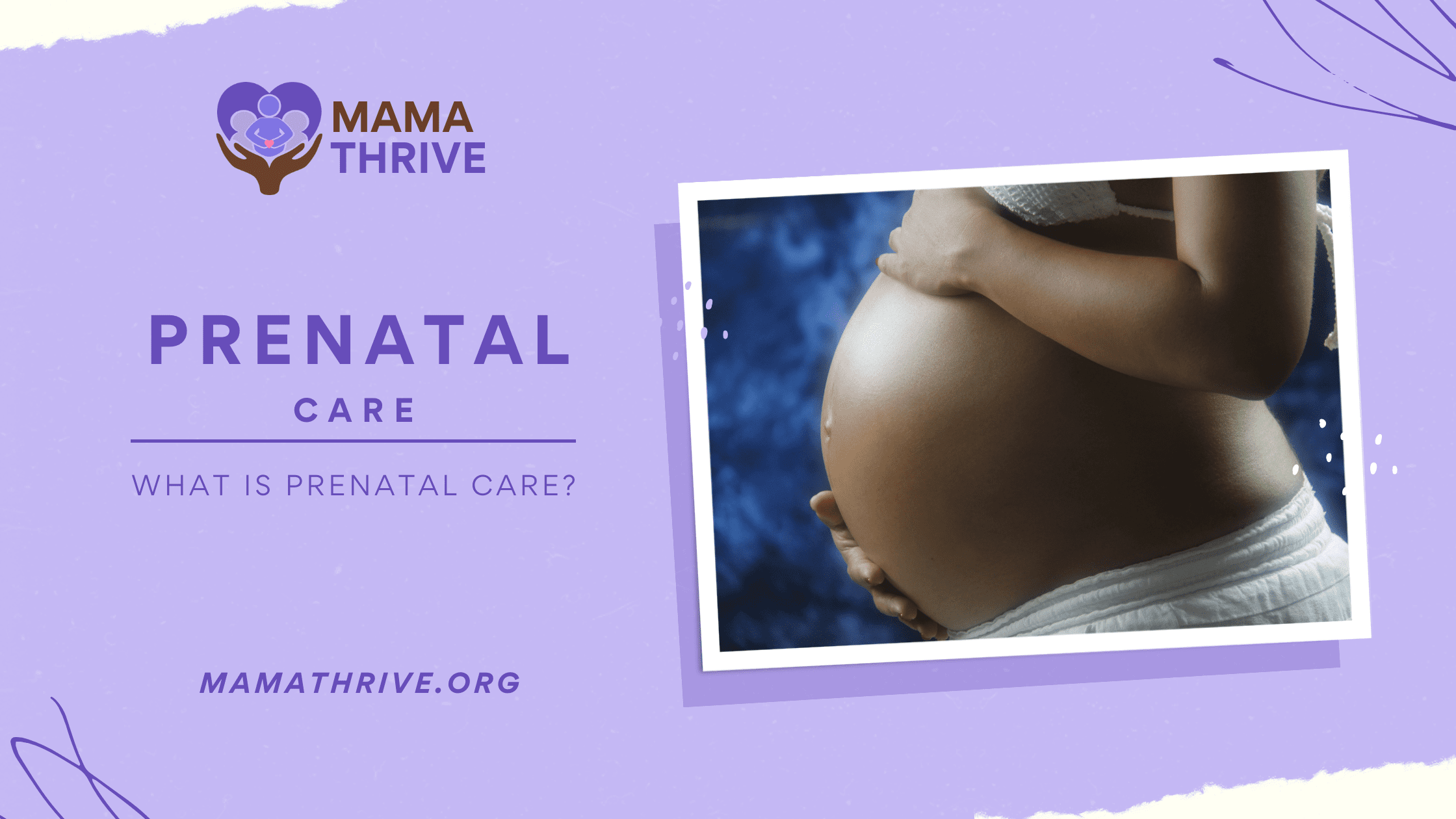Prenatal care is defined as the healthcare a woman receives during pregnancy. This care is vital for both the mother and the developing baby. Prenatal care can help identify potential health risks and complications and provide education and support for a healthy pregnancy. Prenatal care typically begins when a woman suspects she may be pregnant and continues through the first few weeks after childbirth.
There are many prenatal care services that a woman may receive, including physical exams, blood tests, and ultrasounds. These services help to monitor the health of both the mother and the baby. Additionally, prenatal care can provide counseling on nutrition, exercise, and other lifestyle choices that can impact pregnancy.
Prenatal care is an integral part of ensuring a healthy pregnancy. Women can receive the necessary care and support to have a healthy baby by working with a healthcare provider.
There are three main stages of prenatal care: prenatal, intrapartum, and postpartum.
- Prenatal care
Prenatal care is the stage that occurs before childbirth. This care begins when a woman suspects she may be pregnant and continues through the first few weeks after delivery. A woman typically receives physical exams, blood tests, and ultrasounds during prenatal care. These services help to monitor the health of both the mother and the baby.
- Intrapartum care
Intrapartum care is the stage that occurs during childbirth. This care begins when labor begins and continues until delivery. During intrapartum care, a woman typically receives medical care to help ensure safe and healthy delivery.
Some of the things that may occur during intrapartum care include:
- Monitoring the progress of labor
- Checking the baby’s heart rate and other vital signs
- Providing pain relief medication
- Performing an episiotomy or cesarean section if necessary
Intrapartum care is an essential part of ensuring safe and healthy childbirth. By receiving medical attention during labor, women can rest assured that they and their babies are receiving the best possible care.
- Postpartum care
Postpartum care is the stage that occurs after childbirth. This care begins when the baby is born and continues for several weeks or months afterward. During postpartum care, a woman typically receives counseling on nutrition, exercise, and other topics related to post-pregnancy health.
Some standard postpartum care key points to consider include:
- Breastfeeding tips
- How to take care of your baby
- Postpartum depression symptoms and treatment
- Returning to work or school after childbirth
Postpartum care is an essential part of recovering from childbirth. By receiving counseling and support during this time, women can feel confident in their ability to care for their newborns.
Going back to prenatal care
There are several essential things to remember during prenatal care. First, seeing a healthcare provider is vital to receive prenatal care services. These services can help to monitor the health of both the mother and the baby. Additionally, prenatal care can provide education and support for a healthy pregnancy.
It is also important to eat a healthy diet and exercise regularly during prenatal care is also important. These healthy habits can help to ensure a healthy pregnancy. Finally, it is important to be aware of potential risks and complications and seek medical attention if necessary.
And yes, prenatal care is necessary for a healthy pregnancy. Prenatal care can help identify potential health risks and complications and provide education and support for a healthy pregnancy. By receiving prenatal care services, a woman can receive crucial medical care and support to help ensure a healthy pregnancy.
Possible complications?
Some possible complications that may arise during prenatal care include gestational diabetes, high blood pressure, and preeclampsia. If left untreated, these conditions can potentially cause serious health risks for the mother and the baby. It is important for women to be aware of these risks and to seek medical attention if necessary.
Gestational diabetes is a type of diabetes that occurs during pregnancy. Gestational diabetes typically develops in the second or third trimester and goes away after the baby is born. However, women with gestational diabetes are at an increased risk of developing type 2 diabetes later in life.
Symptoms of gestational diabetes include excessive thirst, frequent urination, and fatigue. If you are experiencing any of these symptoms, you must see a healthcare provider for diagnosis and treatment.
Treatment for gestational diabetes helps to ensure a safe and healthy pregnancy for both the mother and the baby. Gestational diabetes can be treated with diet and exercise. It is also important to monitor blood sugar levels regularly.
High blood pressure during pregnancy, often called preeclampsia, is a condition that can occur during any stage of pregnancy. It is characterized by high blood pressure and protein in the urine.
Preeclampsia can cause serious health risks for both the mother and the baby. It is important for women to be aware of the signs and symptoms of preeclampsia and to seek medical attention if necessary.
Common preeclampsia symptoms include high blood pressure, swelling in the hands and feet, and excessive thirst. If you are experiencing any of these symptoms, you must see a healthcare provider immediately.
Preeclampsia can be treated with medication and lifestyle changes. Treatment helps to ensure a safe and healthy pregnancy for both the mother and the baby.
preeclampsia
What can you do?
There are several things a mother can do at home during prenatal care to ensure a healthy pregnancy. First, it is essential to eat a healthy diet, and exercising regularly is essential. These healthy habits can help to ensure a healthy pregnancy.
During prenatal care, it is important to eat a healthy diet. A healthy diet includes plenty of fruits, vegetables, whole grains, and lean protein. It is also important to avoid processed foods, sugar-sweetened drinks, and unhealthy fats.
Mothers can ensure that their baby gets the nutrients they need for growth and development by eating a healthy diet during prenatal care. A healthy diet can also help prevent gestational diabetes and other pregnancy-related health complications.
Additionally, it is vital to be aware of potential risks and complications and seek medical attention if necessary. It is also important to stay hydrated and get plenty of rest.
When visiting your doctor, you can have these questions prepared:
- What are the risks and complications associated with prenatal care?
- What can I do to ensure a healthy pregnancy?
- What is the importance of a healthy diet during prenatal care?
- How often should I monitor my blood sugar levels during prenatal care?
- What type of exercise is safe during prenatal care?
- How can I connect with other pregnant women?
Finally, it is important to connect with other pregnant women. By sharing their experiences and advice, mothers-to-be can benefit from the support of others.
MamaThrive is here to help.
Black women should understand their health well and the risks associated with pregnancy. They should be proactive in seeking information from their healthcare providers about staying healthy during pregnancy using an efficient telehealth program accessible 24/7. And MamaThrive gives accessible information and services to black women who require help and support found in prenatal care clinics. Take your pregnancy as a high priority with MamaThrive as your partner!





